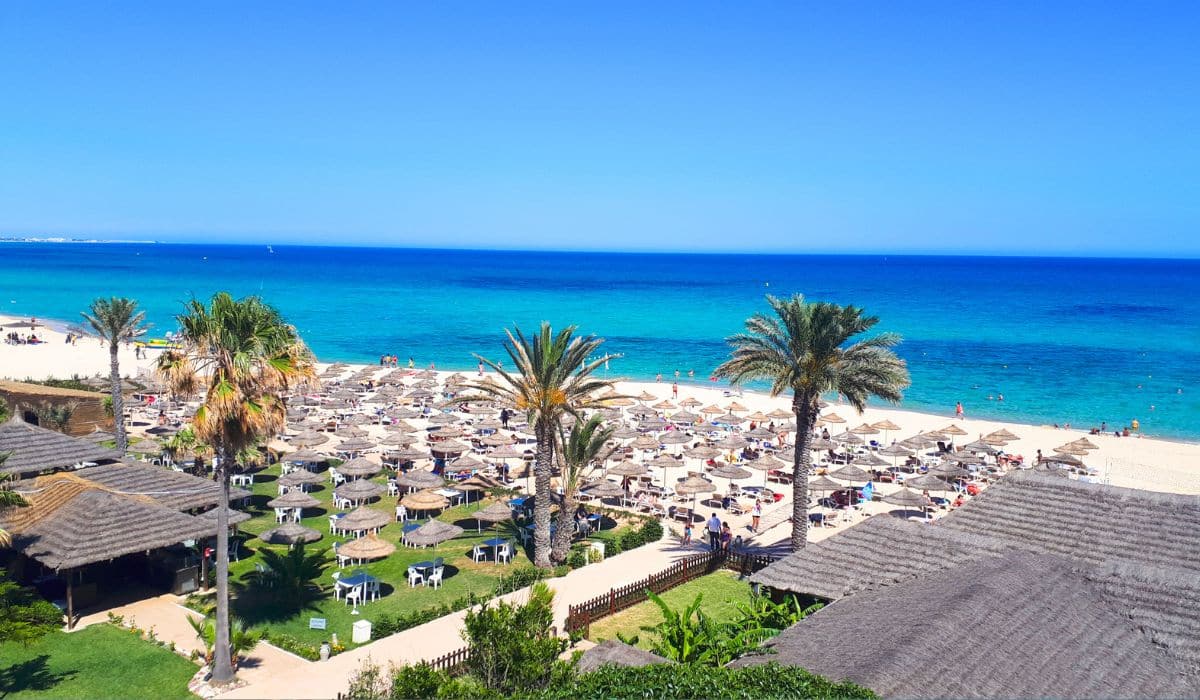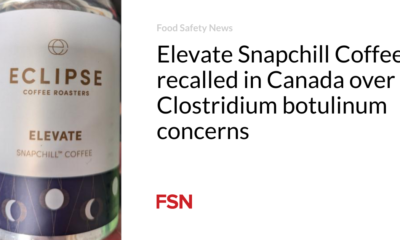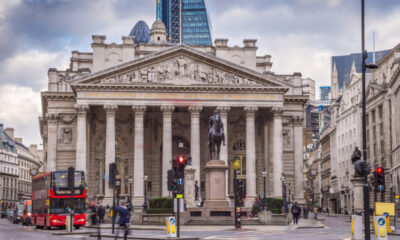Travel
US has updated its travel advisory for this African beach destination due to terrorism concerns

On May 14, the U.S. Department of State updated its policy Travel advice for Tunisiaan African destination that is becoming increasingly popular among American travelers.
According to tourism figures, more than 30,000 American adventurers will travel to this country in 2023. An unprecedented number that shows no signs of slowing down.
As of today, the US agency ranks this country in the rankings ‘Level 2: be extra careful’ which means in practical terms the destination is quite safe.
Tunisia’s advice was updated to reflect this “high risk areas”, because of concerns about terrorism. So, you are not allowed to travel to:
- Mount Orbata in Gafsa Governorate.
- The desert south of Remada, because of the military zone.
- Within 16 kilometers of the border with Libya.
- Within 16 km of the Algerian border, excluding the towns of Tabarka and Ain Draham.
- The mountains of western Tunisia (where terrorists are suspected to be hidden).
According to U.S. and Tunisian authorities, a number of terrorist groups may be planning attacks on certain locations in the country, including but not limited to transportation, resorts, festivals, nightclubs, government buildings and religious sites.
To deal with such a threat with sufficient military and legal force, the country has chosen to declare a state of emergency, which will give it access to more resources.
Since May 15, Tunisian counter-terrorism forces have been actively hunting three Tunisian and one Algerian terrorists.
They are Osama al-Khazri (27), Ashraf al-Qizani (28) and Khalil al-Mansouri (28) from Tunisia, and Amin Mahkuka from Algeria.
These terrorists are affiliated with Al Qaeda in the Islamic Maghreb, the Tunisian Ministry of the Interior reported yesterday.
Internal security reports confirm that up to 300 militants are active in the country’s western mountains, supported by other “300 to 400 sleeper cells”, the ministry said.
Despite this, Tunisia is considered as safe as Britain, Italy, France or the Netherlands.
Those planning to visit this exotic country are advised to take out health insurance that covers medical evacuation, avoiding demonstrations or spending the night in non-touristy towns.
Please note that the US government does not have access to the entire territory of Tunisia it would be impossible to help you if you decided to travel to ‘risk zones’.
Americans should also have a contingency plan in place in case something unexpected happens. Take a look at this Traveler’s checklist to learn how to do it.













